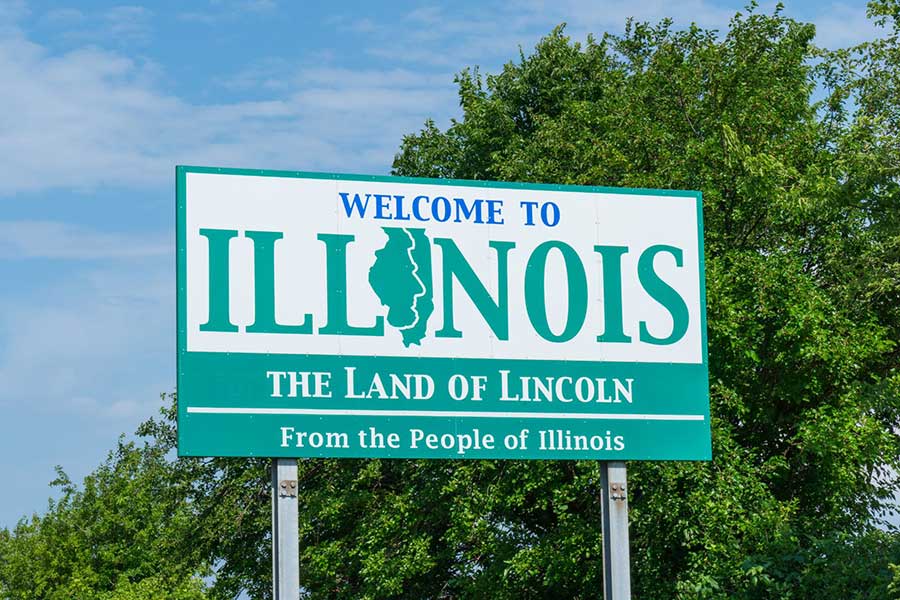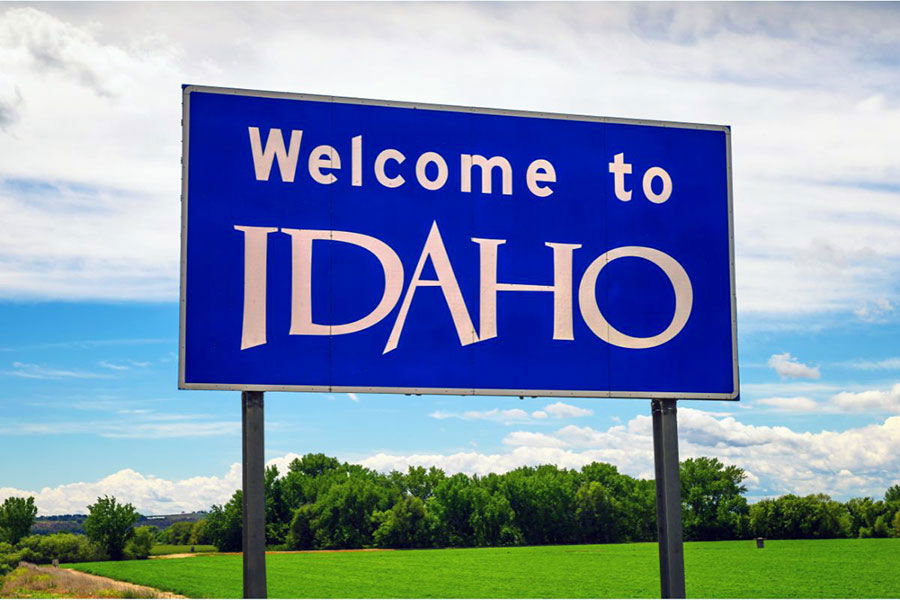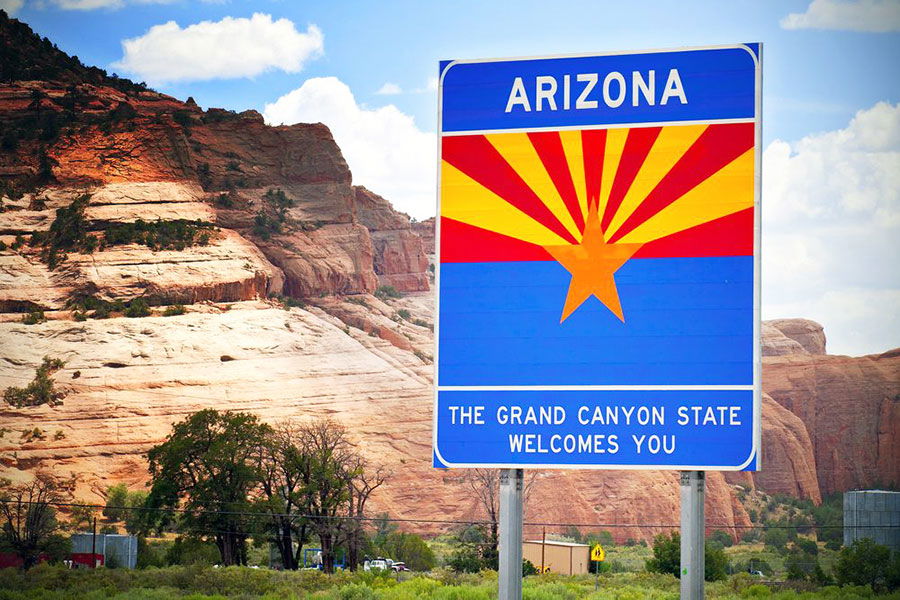Illinois offers a mix of national banks, regional institutions, and credit unions, giving residents plenty of choices. Whether you need a bank with strong branch access, high-yield savings, or no hidden fees, there’s an option that fits your financial goals.
Chicago, as a financial hub, is home to some of the largest banks in the country, but solid banking options can be found throughout the state. We’ve researched the best banks in the Land of Lincoln to help you find the right fit.

11 Best Banks in Illinois
The best banks in Illinois offer low fees, competitive interest rates, and strong customer service. Here are the top banks in Illinois based on account benefits and accessibility.
1. SoFi
The SoFi Checking & Savings account offers online banking with an edge. You get up to 3.30% APY for the online savings account and 0.50% on checking account balances.
2. Consumers Credit Union
Based in Illinois, Consumers Credit Union is a member-owned credit union that offers standout rewards on both checking and savings accounts.
3. Current
Current is a mobile-first bank that works well for Illinois residents who want simple, fee-free banking without stepping into a branch.
4. Alliant Credit Union
Alliant Credit Union is headquartered in Illinois but operates entirely online, giving residents access to a full-service credit union without relying on branches.
5. PNC Bank
PNC Bank operates in 27 states, including Illinois, and offers new customers up to $400 when opening a checking account with select Virtual Wallet options. Business checking accounts also come with a $200 bonus for new sign-ups.
6. Huntington Bank
Huntington Bank is a regional bank with a growing footprint in Illinois, including branches in cities like Bloomington, Decatur, Galesburg, Moline, Peoria, Quincy, and Springfield.
7. Fifth Third Bank
Fifth Third Bank is another regional bank with a solid presence in Illinois, operating branches in cities like Alton, Belleville, Chicago, Edwardsville, Glen Carbon, and Rockford.
8. Great Lakes Credit Union
Founded in 1938, Great Lakes Credit Union (GLCU) is a member-owned, not-for-profit institution serving the Chicagoland area for over 80 years.
9. Chase
For those interested in a national bank, Chase Bank could be a strong choice. With branches in Illinois and 47 other states, excluding Alaska and Hawaii, accessibility is rarely an issue.
10. BMO Harris Bank
Headquartered in Chicago, BMO Harris is one of the most established banks in Illinois, with branches across cities like Aurora, Bloomington, Champaign, Naperville, Peoria, Rockford, and Springfield.
11. Regions Bank
With a significant presence in the Southern and Midwestern United States, Regions Bank operates over 1,450 branches and nearly 2,000 ATMs across 16 states.
How to Choose the Best Bank in Illinois
Finding the best bank in Illinois requires more than just picking a well-known name. Your choice should align with your financial needs, whether that’s earning high interest, avoiding fees, or accessing strong customer service. Here’s what to consider:
- Assess your needs: Do you need just a checking and savings account, or are you also looking for loans, credit cards, or investment services?
- Compare rates and fees: Look for competitive interest rates on savings and CDs while avoiding banks with high monthly fees or overdraft charges.
- Location and accessibility: If in-person banking is important, choose a bank with branches and ATMs near your home or work.
- Customer service: Read reviews and ask for recommendations to find a bank with responsive and helpful support.
- Online banking: A strong mobile app with features like bill pay, check deposits, and real-time alerts makes managing your money easier.
- Safety and security: Ensure the bank is FDIC-insured and offers strong security measures like two-factor authentication.
- Account options: If you need more than basic banking, look for options like retirement accounts, loans, or investment services.
By weighing these factors, you can find the best banks in Illinois that fit both your current needs and long-term financial goals.
Types of Banks to Consider in Illinois
Illinois offers a wide range of banking options to fit your personal financial situation. To help you make the best choice, let’s explore the pros and cons of each type of banking institution.
Local Banks
- Pros: A local bank is typically deeply connected to the community and offers highly personalized service. They often have strong relationships with local businesses, which can be advantageous if you’re an entrepreneur.
- Cons: Local banks usually have limited geographical reach, with fewer branches and ATMs. Their technology platforms can also be less advanced than those of larger banks.
Regional Banks
- Pros: Regional banks strike a balance between local and national banks. They offer a wider network of branches and ATMs compared to local banks and maintain a good level of customer service.
- Cons: The range of financial products and services may be less comprehensive than what’s offered by national banks. Some may also charge fees for specific services.
National Banks
- Pros: National banks provide a broad array of banking products and services, from a basic bank account to specialized investment options. Their extensive network and cutting-edge technology make banking highly convenient.
- Cons: Customer service can be less personalized due to the sheer size of the institution. These brick and mortar banks might also impose higher fees for certain services.
Online Banks
- Pros: Online banks often offer attractive interest rates and low or no fees, thanks to lower overhead costs. Their platforms are designed for easy online access and generally offer robust features.
- Cons: The lack of physical branches can be a drawback for those who prefer in-person interactions or have complex banking needs that require face-to-face consultation.
Credit Unions
- Pros: Credit unions are member-owned, meaning they usually offer lower fees and higher interest rates on deposits. They often excel in customer service and community involvement.
- Cons: You’ll often need to satisfy specific membership requirements to join a credit union. Additionally, their services and geographical reach can be more limited than other types of banks.
Bottom Line
The best banks in Illinois offer a mix of competitive rates, low fees, and strong customer service. Whether you prefer a national bank, a local institution, or an online option, the right choice depends on your financial needs and banking habits.
Take the time to compare account features, accessibility, and reviews before making a decision. If your needs change, don’t hesitate to switch to a bank that better aligns with your goals.















